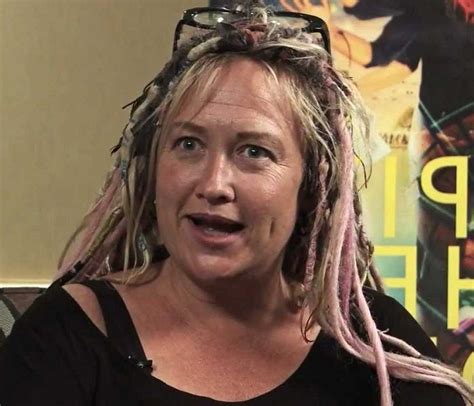A Quote by bell hooks
In our culture privacy is often confused with secrecy. Open, honest, truth-telling individuals value privacy. We all need spaces where we can be alone with thoughts and feelings - where we can experience healthy psychological autonomy and can choose to share when we want to. Keeping secrets is usually about power, about hiding and concealing information.
Related Quotes
While privacy strengthens all our bonds, secrecy weakens and damages connection. Lerner points out that we do not usually "know the emotional costs of keeping a secret" until the truth is disclosed. Usually, secrecy involves lying. And lying is always the setting for potential betrayal and violation of trust.
I don't think he would have had any trouble answering Justice Sonia Sotomayor's excellent challenge in a case involving GPS surveillance. She said we need an alternative to this whole way of thinking about the privacy now which says that when you give data to a third party, you have no expectations of privacy. And [Louis] Brandeis would have said nonsense, of course you have expectations of privacy because it's intellectual privacy that has to be protected. That's my attempt to channel him on some of those privacy questions.
Confidentiality refers to the boundaries surrounding shared secrets and to the process of guarding these boundaries. While confidentiality protects much that is not in fact secret, personal secrets lie at its core. The innermost, the vulnerable, often the shameful: these aspects of self-disclosure help explain why one name for professional confidentiality has been "the professional secret." Such secrecy is sometimes mistakenly confused with privacy; yet it can concern many matters in no way private, but that someone wishes to keep from the knowledge of third parties.
Whether it's Facebook or Google or the other companies, that basic principle that users should be able to see and control information about them that they themselves have revealed to the companies is not baked into how the companies work. But it's bigger than privacy. Privacy is about what you're willing to reveal about yourself.



































